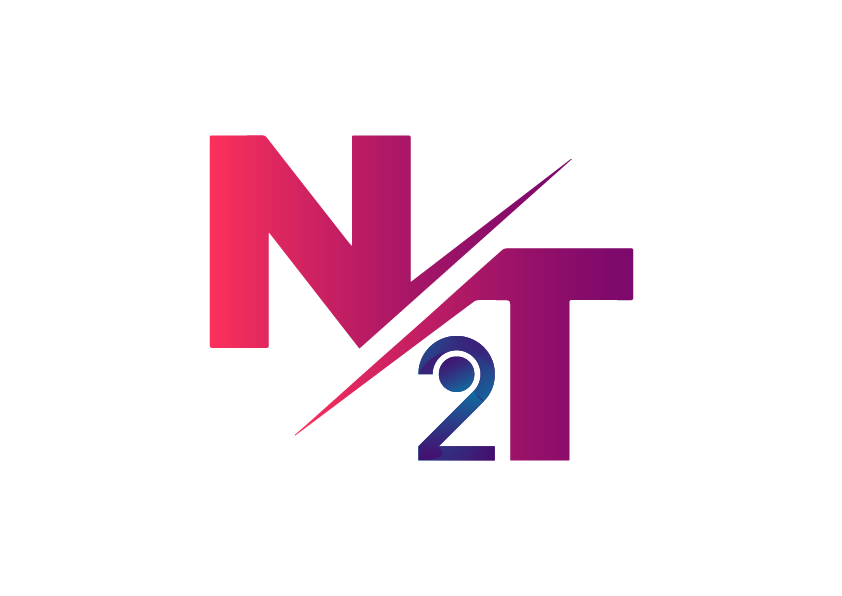Ads
Artificial intelligence (AI) has made significant advancements in recent years, surpassing certain human abilities and raising the question of whether machines will eventually reach the same level as humans. Human intelligence, characterized by the ability to learn the meaning of words and apply that understanding to other linguistic concepts, is a fundamental skill that sets us apart from other species. We possess the capacity to generalize abstract concepts and identify objects based on their shapes, regardless of color or material. Our ability to interpret cloud formations is a testament to the power of our intelligence.
This aspect of human intelligence, known as composite generalization, has long been a subject of interest for cognitive scientists. Jerry Fodor and Zenon Pylyshyn, two prominent figures in the field, hypothesized that artificial neural networks could potentially replicate this ability. However, progress in this area has been limited since the mid-1980s.
Recently, researchers from the University of New York and Pompeu Fabra University in Spain have dedicated their efforts to developing a new technique aimed at replicating this specific cognitive ability. Their study, published in the renowned scientific journal Nature, highlights the potential of tools like ChatGPT to make compositional generalizations through a technique called “Meta-aprendizado para composicionalidade” (MLC).
The team conducted field tests to assess the capabilities of AI in relation to human intelligence. The experiments demonstrated that AI not only matched human intelligence but even surpassed it in certain scenarios. Surprisingly, this achievement was not solely based on learning but on practical application. The AI system receives a word and is then prompted to apply it in a different context. For example, when given the word “falar” (to speak), the AI creates various contexts like “falar muito” (to speak a lot), “falar pouco” (to speak a little), “falar baixo” (to speak softly), and “falar alto” (to speak loudly).
As AI continues to evolve, it is expected to comprehend idiomatic expressions like “falar abobrinha” (to talk nonsense) and “falar besteira” (to talk rubbish) in both their literal and figurative senses. This breakthrough will enable AI-powered language systems to effectively communicate with a far broader audience, breaking down language barriers and cultural nuances.
The implications of these advancements extend beyond language comprehension and translation. They hold great promise for the field of programming, as computers will become capable of processing more complex commands, understanding their meanings, and executing them with precision.
In conclusion, artificial intelligence has made groundbreaking progress in replicating human intelligence and has even demonstrated the potential to surpass it in certain areas. The development of techniques like MLC, as showcased in the recent study published in Nature, highlights the possibility of AI systems mastering composite generalization. As AI continues to advance, the barriers between human and machine intelligence become increasingly blurred. While machines may not completely reach human levels of intelligence and consciousness, their ability to comprehend and interact with the world around them continues to expand, revolutionizing various fields and opening up new possibilities for technological advancements.






